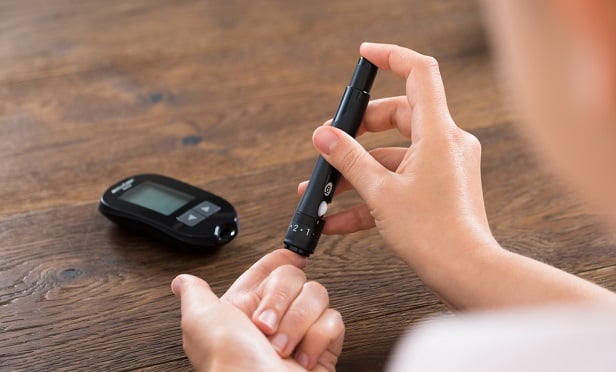American workers are quite confident in their corporate payrolldepartment’s ability to figure out their checks properly.
|Most of them are now paid via direct deposit, a sign ofconfidence in the online financial transaction system. And nearly 9in 10 can go online to access their pay and benefitsinformation.
|Related: How will new overtime rule affect the creativeeconomy?
|But with the new overtime rules soon to be thelaw of the land, more than a third are apparently not logging theirhours in any formal way.
|The latest employee payroll survey by the American PayrollAssociation, “Getting Paid In America,” validates corporatepayroll department efforts to modernize operations both for thebenefit of employees and their employers.
|Basing their findings on information from more than 27,000working adults, the APA charted the rapid progress being made insuch areas as the availability of online employee portals, wherethe percent rose in a single year from 82 percent to 88percent.
|Judging by the numbers, employees are content with the directionpayroll is headed. When asked how certain they were that payrollwas accurately managing withholding and net amounts in theirpaychecks, 70 percent say they were “very certain” and another 22percent reported being “somewhat certain.”
|Related: 21 states sue to block overtimerule
|But an occasional screw-up that delayed their check for a weekwasn’t very concerning to a large chunk of those surveyed. Only 28percent say a delayed paycheck would make it “very difficult” forthem to meet their financial obligations. More than a third (36percent) said they could shrug it off.
|The online/mobile numbers were impressive: 97 percent say theyreceive their pay via direct deposit (only 2 percent still get apaper check). More than half (52 percent) have deposited a check ofsome type via their smartphone or tablet, and 71 percent have useda smartphone or tablet for some type of banking transaction.
|But when it comes to inputting hours worked, an important metricfor meeting the new overtime rules, employers aren’t soaccommodating. Fully 36 percent said they weren’t required by theiremployer to input hours worked anywhere. For those who do tracktheir hours, the most common method was via desktop or laptopcomputer — 36 percent. Barely 2 percent track them on their phoneor tablet; 14 percent still track with a time card or timesheet.
|APA asked respondents whether better health benefits or higherwages were more important to them, and found that 56 percent wantedmore cash in the paycheck. However, health benefits were still byfar the most important piece of the benefits package, cited by 42percent as their most important benefit. Vacation time and flexibleschedule each got the top spot from 20 percent of respondents;retirement benefits were most important to 9 percent.
Complete your profile to continue reading and get FREE access to BenefitsPRO, part of your ALM digital membership.
Your access to unlimited BenefitsPRO content isn’t changing.
Once you are an ALM digital member, you’ll receive:
- Critical BenefitsPRO information including cutting edge post-reform success strategies, access to educational webcasts and videos, resources from industry leaders, and informative Newsletters.
- Exclusive discounts on ALM, BenefitsPRO magazine and BenefitsPRO.com events
- Access to other award-winning ALM websites including ThinkAdvisor.com and Law.com
Already have an account? Sign In
© 2024 ALM Global, LLC, All Rights Reserved. Request academic re-use from www.copyright.com. All other uses, submit a request to [email protected]. For more information visit Asset & Logo Licensing.








